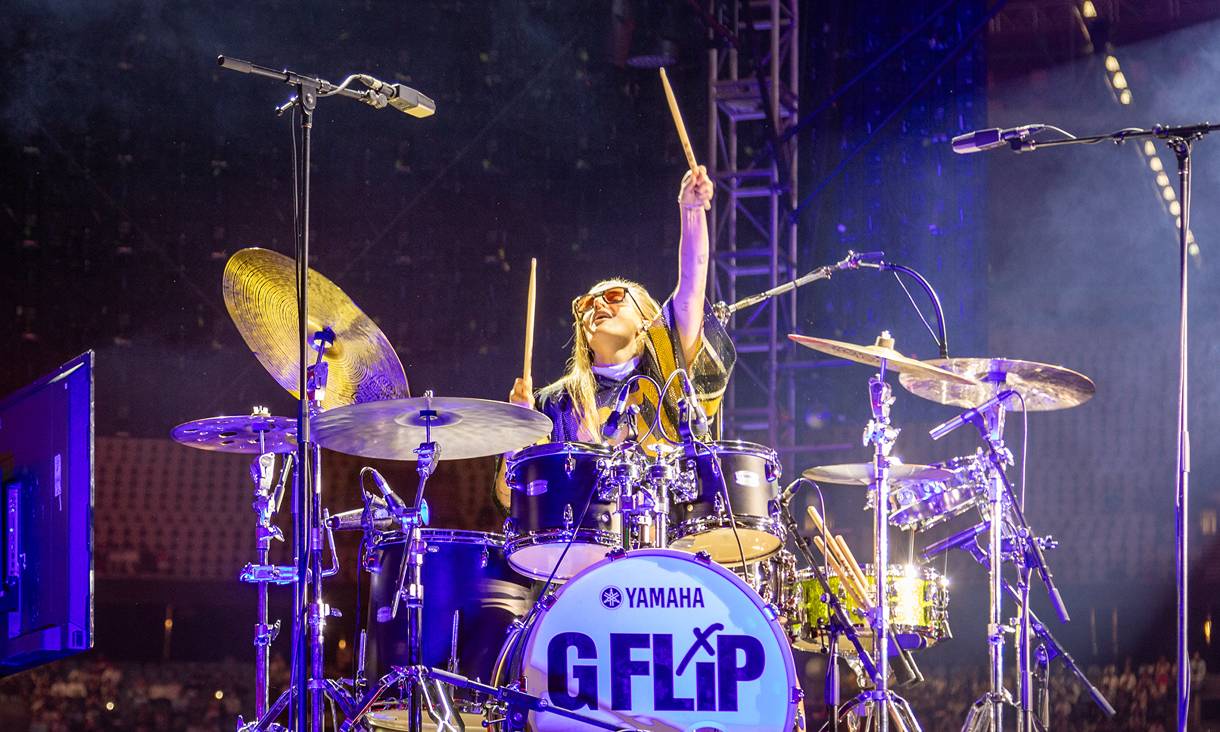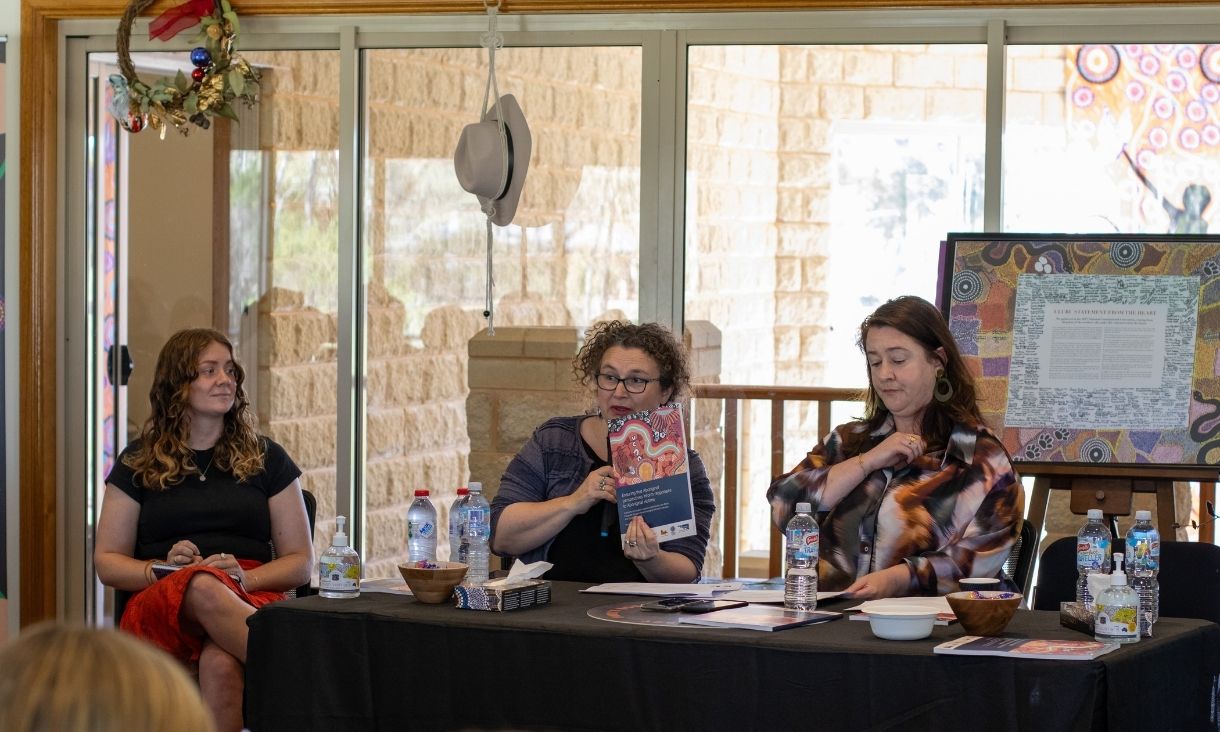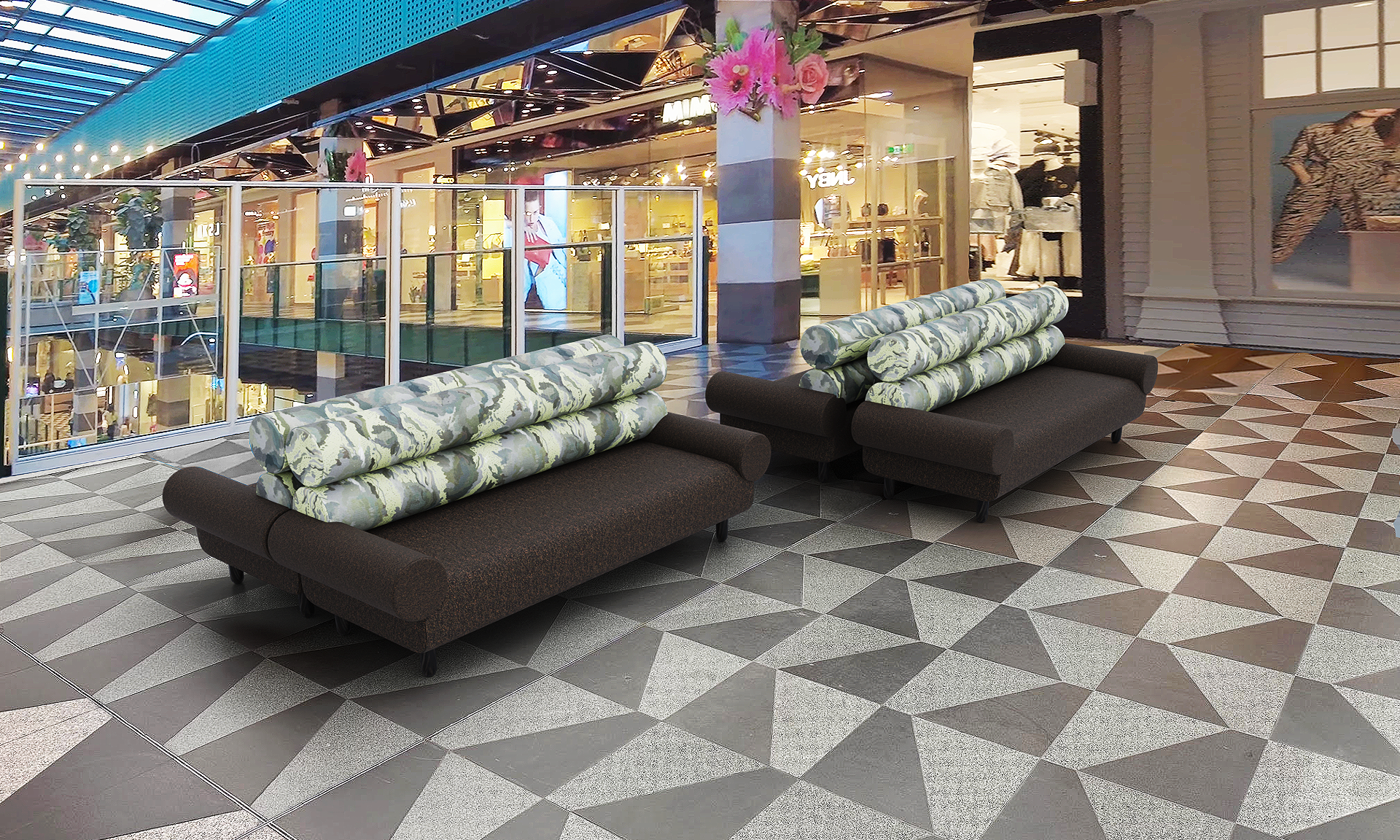Dr Tien Huynh is a science lecturer and researcher who specialises in medicinal plants and waste reduction. Her achievements include establishing community transformative projects for endangered and medicinal plants, environmental sustainability and agricultural upcycling.
Recognised as a 2017 Superstar of STEM, Huynh lives in Australia and travels back to her home country Vietnam each year to work with coffee farmers to make their industry more sustainable.
1. What’s the biggest challenge in your field?
“Most environmental issues that we face aren’t easy to solve, there is no single solution. The challenge is also to convince people to rethink the way they see things.
“The coffee farmers I work with have been growing these plants for generations. Why should they listen to me when I suggest using a different technology or planting a different variety that will better suit a changing climate?
“There is a lot of waste in coffee and farming practice needs to adapt.
“We use less than 1% of the beans and globally each year, 6 million tons of recorded ground coffee is wasted. And that’s just accounting for the selected beans, but more than 50% is lost in the initial selection process.
“As we grow as a population, we’ll consume more and produce more waste.
“I love plants and they have so many applications. But I can see that a lot of people are becoming very removed from their natural environment. We need to appreciate the amount of energy that’s gone into producing these plants and reduce waste. We don’t see it because it’s all wrapped up in plastic in a supermarket.”
2. How is your research helping to drive change?
“A lot of people keep looking at problems in the same way and there is no motivation to be innovative.
“My focus is on changing how we view waste as a valuable resource and commodity, so we future-proof ourselves from living in our own filth.
“I hope my research helps people to see the world with different eyes and understand the benefit of being innovative. We need to find solutions that are more relevant to tomorrow’s problems.
“I also hope my passion for plants and research inspires people to be less wasteful. Plants are the air we breathe, the food we eat, the clothes we wear, the houses we live in - without them, we wouldn’t have a planet and there’d be no humans or animals.”








